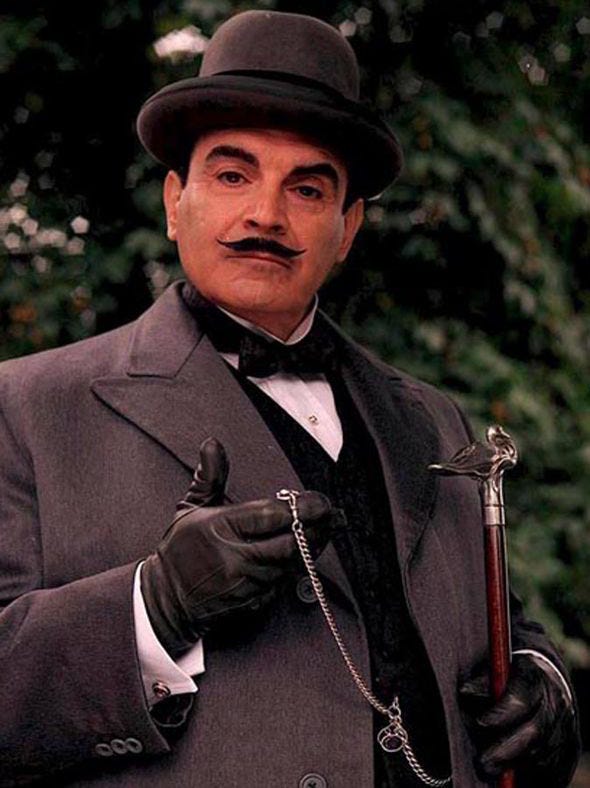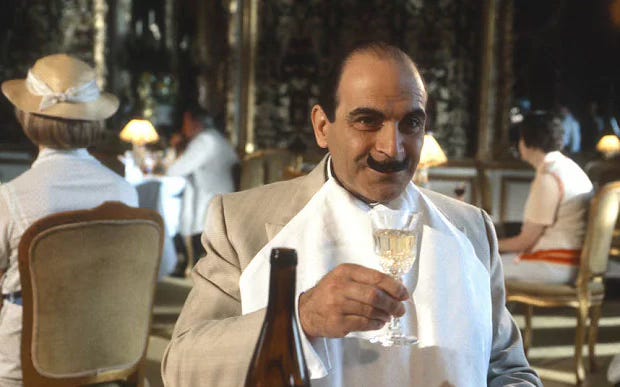

I know what you’re thinking…it’s been a while, hasn’t it? And you’d be right! I really fell off the map with my classical reading challenge.
Truth be told, my motivation was done-in by “Ivanhoe”, a 500+ page novel set in the Middle Ages that had such a meandering & confusing plot line that I ultimately gave up when, halfway through, I realized I still had no idea what was going on. (I bit off a little more than I could chew, didn’t I?)
I needed a palate cleanser. Reading challenging classical novels has been super rewarding, don’t get me wrong. But it also means that I’m not always having as much fun reading as I used to.
So, just because you haven’t heard from me, doesn’t mean I haven’t been reading! Instead, I’ve delved into my first spy novel, thrifted a few fiction stories from used bookstores, and even tried out a modern romance here and there.
It was just the break I needed.
And now I’m back with my first classic in a (long) while! (And this one’s a fun one.)
We’ve all heard the name Agatha Christie, right? She’s iconic in the literary world…but she wasn’t always the heavy-weight champ of the mystery novel.
In fact, Christie had written her first 6 novels over the course of 6 years, and still hadn’t achieved ‘household-name’ status. So, what finally put her on the map?
“The Murder of Roger Ackroyd”
And it’s a classic for a reason. At every turn of the page, there’s another surprise, red herring, or confusing clue that only muddles the waters. I pride myself on being pretty good at guessing twist endings, but this one took me fully by surprise!
Since I want you to enjoy this book as much as I did, I won’t spoil the ending, but I will tell you why it’s worth your time!
Enthralling Pace
Unlike my last classical novel, this book never let up, and never lost my attention. The story opens on Roger Ackroyd - alive and well - and sets the scene in a cozy little town in the English countryside.
Before the inevitable murder happens, (of course, that’s not a spoiler) we learn about two previous mysterious deaths: a suspicious sudden death of one of the wealthiest men in town, Mr. Ferrars…followed closely by the even-fishier apparent overdose of his widowed wife, Mrs. Ferrars.
Just as you’re recovering from the confusion of these events, Roger is found stabbed in his home. And as the story unfolds, we find that every character has something to hide - from the wealthiest nobility to the lowliest scullery maid.
And nothing seems to add up. What significance does the moved furniture have in the crime scene? Whose ring was found glittering at the bottom of the lake? Is this murder related somehow to the previous deaths that have already happened?
I genuinely struggled to connect the dots of this mystery as the story unfolded. But luckily, everything seemed to be crystal-clear to our lead investigator, Hercule Poirot.
Entertaining Investigators
Since this story is narrated by the town doctor, Dr. Sheppard, it was a surprise to me that Hercule Poirot made an appearance. If you’ve never heard of Poirot, he’s the quirky, Belgian detective that’s been living in Sherlock Holmes’ literary shadow for years.
And honestly? I think he’s more fun. (I know, hot take.)
Poirot is famous for his well-groomed mustache, amiability, and love of a good snack. Seriously. Multiple times throughout the story, he’s sitting down for a little tea time, enjoying a nice jam, or making a hot cup of cocoa. You’ve gotta love a multi-faceted detective.
Poirot is the perfect protagonist, because he balances laser-focus on the crime with wit, humor, and gentleness, too. And can I give you a suggestion? Listen to this story as an audio-book; the fun Belgian accent Poirot has makes him even more entertaining.
Eliminating Assumptions
One unexpected takeaway from this story was how it challenged my deductive reasoning skills. Throughout the story, especially as we reach the twist ending, Poirot dismantles the assumptions we make by asking a simple question:
How do we know what we think we know?
Our narrator, Dr. Sheppard, as well as the bumbling police inspector, Raglan, often jump too quickly to conclusions. But Poirot is an expert at teasing the real truth out of our list of suspects, which upends the motives and method of murder time & time again.
I found myself falling into the exact same trap. Did I trust the timeline of the crime based on the testimony of one character? How did I really know they were a reliable source?
The reveal of the real killer had me going back through the story and wondering where I had missed all the signs. I was perplexed in the best possible way.
If you’re looking for a cozy, satisfying mystery to start the year with, I’d whole-heartedly recommend this one. As the catalyst for Agatha Christie’s fame, it’s been the first domino in the creation of dozens of other books, movies, and murder-mystery theater productions.
And if you like it that much, Poirot's got 32 other murders to unravel. Thanks, Agatha.
Character Development: 7/10
Story Resolution: 9/10
Engagement Level (I.e.: How hooked was I?): 10/10
Overall score: 8.6/10






Love this! I’m a big Agatha Christie fan but have never read this one. Reserving the audio book on Libby now! :)
Such a well written take of this book, really amazing how you take the reader through your journey through your very eyes. I think a broader discussion of Sherlock Holmes vs Hercule Poirot should take place, cause I am not convinced the latter is more entertaining just yet. But I like your audio book snapshot in here, got me curious!
While I have not read the books, I have seen some of the films (I know I know not the same), and they do depict him really well in line with what you wrote here. I certainly found them amazing!
Quite interesting how novels can play on our reasoning, whether deductive or inductive. And you did the same, nice how you left us hanging here too, but something to take away, always question the source of our assumptions when we hit a brick wall.
Beautiful writing as always, thank you Olivia.